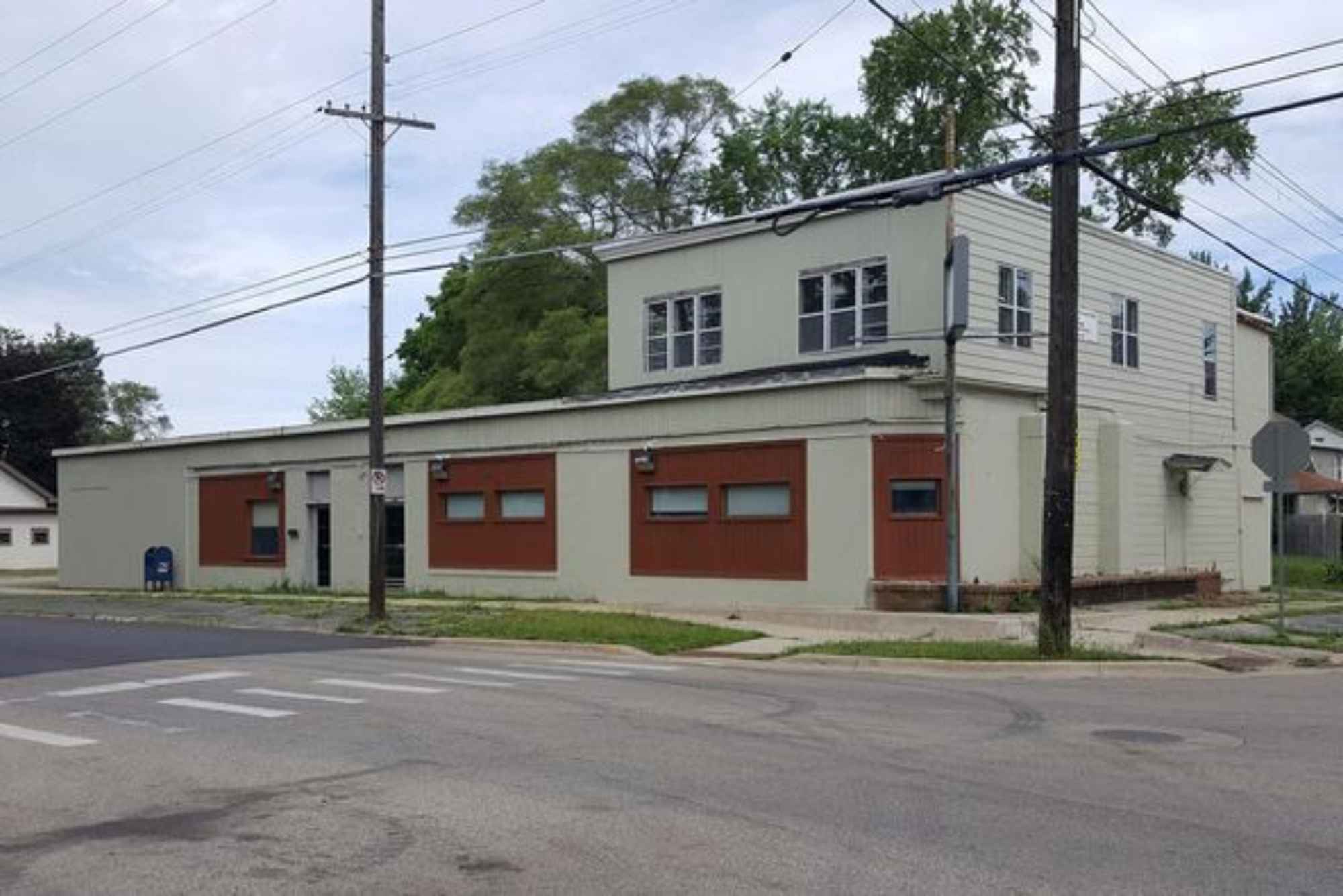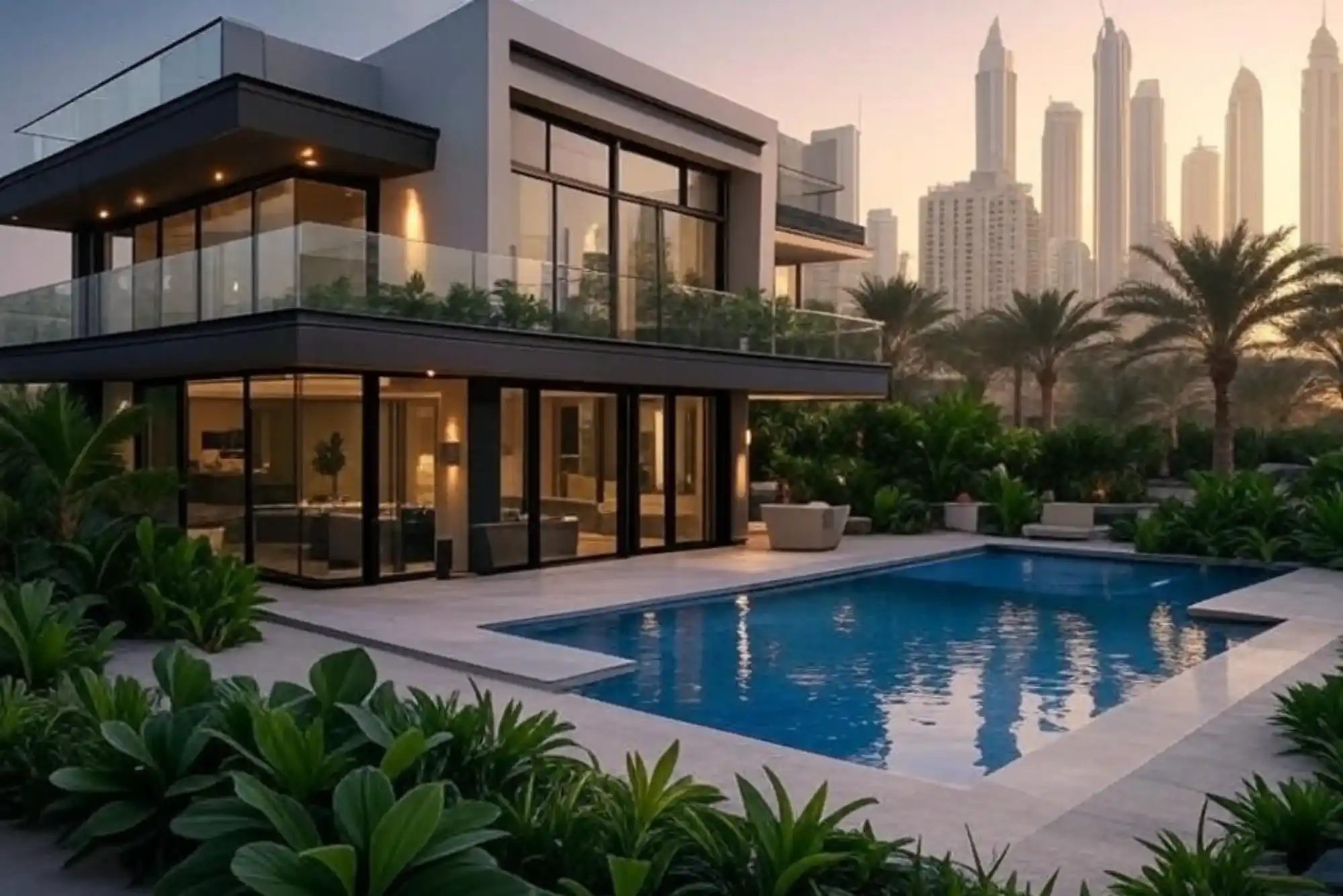Dubai has established itself as a global hub for real estate, with a skyline filled with iconic structures and a dynamic property market. Effective real estate management in Dubai is crucial to maintain the value and functionality of properties, ensuring they meet the needs of both investors and residents. This article explores the historical context, legal framework, market trends, and challenges of real estate management in Dubai, providing insights into this essential aspect of the property sector.
Historical Context
Dubai’s journey as a global real estate hub is a tale of visionary leadership, strategic investments, and groundbreaking projects. The city’s rapid transformation began in the latter part of the 20th century, driven by an ambitious vision to diversify the economy beyond oil and establish Dubai as a premier global city.
Early Development
In the early 1980s, Dubai’s real estate sector was relatively modest, with the city’s economy heavily reliant on oil revenues. However, the leadership recognized the need to diversify the economy. Significant investments were made in infrastructure, trade, and tourism, laying the groundwork for future real estate developments.
Landmark Projects and Growth Phases
The 1990s marked the beginning of Dubai’s ambitious real estate ventures. Key milestones during this period include:
1999: Burj Al Arab:
The opening of the Burj Al Arab, one of the world’s most luxurious hotels, symbolized Dubai’s emergence as a luxury destination. This iconic structure set a new standard for architectural innovation and opulence.
2000s: Burj Khalifa and Palm Jumeirah:
The early 2000s saw the launch of mega-projects like the Burj Khalifa, the world’s tallest building, and Palm Jumeirah, an artificial archipelago. These projects not only showcased Dubai’s engineering prowess but also attracted global attention and investment.
2002: Freehold Property Laws:
A pivotal moment came in 2002 when Dubai introduced freehold property laws, allowing foreign nationals to own property in designated areas. This move opened the floodgates for international investors, leading to a real estate boom.
Financial Crisis and Recovery
The global financial crisis of 2008 had a significant impact on Dubai’s real estate market. Property prices plummeted, and several projects were put on hold. However, Dubai’s strategic approach to recovery, including financial restructuring and renewed focus on tourism and trade, facilitated a gradual rebound.
2010s: Expo 2020 Preparations:
The successful bid to host Expo 2020 spurred a new wave of development. Massive infrastructure projects, such as the expansion of the Dubai Metro and the development of the Expo 2020 site, injected new life into the real estate market.
Recent Developments and Future Outlook

In recent years, Dubai has continued to innovate with projects like Dubai Creek Harbour and the Museum of the Future. The city’s real estate market has become more mature, with a focus on sustainable and smart city initiatives.
Sustainability Initiatives:
Modern developments emphasize sustainability, with green building standards and energy-efficient designs becoming more prevalent.
Dubai 2040 Urban Master Plan:
Looking ahead, the Dubai 2040 Urban Master Plan aims to enhance the quality of life for residents and attract more investment. The plan focuses on creating vibrant, inclusive communities, with a significant emphasis on green spaces and connectivity.
Key Takeaways
Dubai’s real estate market has evolved through strategic vision, bold investments, and adaptability to global economic conditions. From the iconic Burj Al Arab and Burj Khalifa to sustainable future projects, the city continues to set benchmarks in real estate development. The historical context of Dubai’s real estate sector underscores the importance of visionary planning and resilience, key factors that will drive its future growth and success.
Legal and Regulatory Framework
The legal and regulatory framework governing real estate in Dubai is designed to ensure transparency, protect investors, and promote sustainable development. This framework is established by various laws and regulations, enforced by key regulatory bodies that oversee all aspects of real estate transactions and management.
Key Regulatory Bodies
Dubai Land Department (DLD):
The DLD is the primary government authority responsible for overseeing all real estate transactions in Dubai. It ensures that all property dealings are conducted in compliance with the law.
The DLD handles property registration, issues title deeds, and regulates real estate activities to maintain a transparent and secure market.
Real Estate Regulatory Agency (RERA):
A subsidiary of the DLD, RERA is the regulatory arm focused on regulating the real estate sector.
RERA’s responsibilities include licensing real estate agents, developers, and brokers; monitoring projects to ensure compliance with regulations; and resolving disputes between parties.
Important Regulations and Compliance Requirements
Property Ownership Laws:
Foreign nationals are allowed to own freehold properties in designated areas. Freehold ownership grants full property rights indefinitely, while leasehold ownership typically involves long-term leases (usually 99 years).
This law established the right for foreigners to own freehold properties in designated areas, significantly boosting foreign investment.
Regulations on Off-Plan Sales:
Developers are required to deposit buyers’ payments into escrow accounts managed by approved banks. This ensures that funds are used solely for the specific project, protecting buyers’ interests.
All off-plan projects must be registered with RERA, and developers must obtain all necessary approvals before commencing sales.
Tenancy Laws:
These laws regulate the relationship between landlords and tenants, covering aspects such as rent increases, eviction procedures, and dispute resolution.
RERA sets guidelines for permissible rent increases, protecting tenants from exorbitant hikes.
Brokerage and Real Estate Agent Regulations:
All real estate brokers and agents must be licensed by RERA, ensuring they meet professional standards and ethical guidelines.
Agents and brokers are required to adhere to a code of ethics, promoting fair practices and transparency in transactions.
Strata Law:
This law governs jointly owned properties, such as apartments and commercial units in mixed-use buildings. It outlines the rights and responsibilities of owners and the formation of owners’ associations to manage common areas.
Compliance and Enforcement
Monitoring and Inspections:
The DLD and RERA conduct regular inspections and audits to ensure compliance with regulations. Developers and real estate professionals who violate laws face penalties, fines, or suspension of licenses.
Dispute Resolution:
RERA provides mechanisms for resolving disputes between landlords and tenants, developers and buyers, and other parties involved in real estate transactions. The Rent Disputes Settlement Centre (RDSC) is a dedicated body for handling rental disputes efficiently.
Investor Protections
Title Deed Insurance:
To safeguard buyers, the DLD offers title deed insurance, which protects against fraud and legal disputes over property ownership.
Consumer Protection:
RERA has established consumer protection measures to ensure that developers fulfill their obligations, such as completing projects on time and delivering properties as promised.
Future Developments
Smart Government Initiatives:
The Dubai government is integrating technology into its regulatory framework, offering online services for property registration, transaction tracking, and dispute resolution, enhancing efficiency and transparency.
Sustainability Regulations:
New regulations are being introduced to promote green building practices and sustainable development, aligning with Dubai’s commitment to environmental sustainability.
Key Takeaways
The legal and regulatory framework in Dubai’s real estate sector is comprehensive and robust, aimed at fostering a transparent, secure, and investor-friendly environment. By adhering to these regulations, Dubai continues to attract global investors and maintain its position as a leading real estate market. The proactive approach of regulatory bodies like the DLD and RERA ensures that the market remains dynamic, resilient, and in line with international best practices.
Types of Real Estate in Dubai
Dubai’s real estate market is diverse, offering various types of properties to cater to different needs.
Residential Properties
Apartments:
High-rise towers in areas like Downtown Dubai and Jumeirah Beach Residence offer luxurious living spaces.
Villas:
Communities such as Emirates Hills and Palm Jumeirah provide spacious villas with premium amenities.
Commercial Properties
Office Spaces:
Areas like Business Bay and DIFC are known for their state-of-the-art office buildings.
Retail Spaces:
Malls such as The Dubai Mall and Mall of the Emirates offer prime retail locations.
Industrial Properties
Warehouses:
Located in areas like Jebel Ali Free Zone, warehouses cater to the needs of logistics and manufacturing companies.
Factories:
Industrial zones provide spaces for various manufacturing and production activities.
Real Estate Market Trends
The real estate market in Dubai is dynamic, influenced by various factors including economic conditions, tourism, and foreign investment.
Current Market Conditions
As of recent years, the market has seen fluctuations with periods of growth and stabilization. Key areas continue to attract investment due to their strategic location and high-quality infrastructure.
Trends in Property Prices
Property prices in Dubai can vary significantly depending on location, type, and market conditions. Recently, there has been a trend towards more affordable housing options alongside the continued demand for luxury properties.
Demand and Supply Dynamics
The supply of new properties often influences market conditions. High demand areas, particularly those with good connectivity and amenities, tend to maintain stable or increasing property values.
Real Estate Management Services
Effective real estate management is essential for maintaining property value and ensuring tenant satisfaction. Key services include:
Property Management
Maintenance and Repairs:
Regular upkeep and prompt repairs to ensure properties remain in good condition.
Tenant Management:
Handling tenant relations, lease agreements, and addressing tenant concerns.
Facility Management
Security Services:
Ensuring the safety of residents and properties through professional security services.
Cleaning and Maintenance:
Maintaining common areas and ensuring cleanliness and functionality.
Financial Management
Rent Collection:
Efficiently managing rent collection processes.
Budgeting and Financial Reporting:
Preparing budgets and financial reports to track expenses and revenues.
Technology in Real Estate Management
Technology plays a significant role in modern real estate management.
Use of Property Management Software
Property management software helps streamline operations, from tracking maintenance requests to managing tenant information and payments.
Smart Home Technology
The integration of smart home technology enhances the living experience, offering features such as automated lighting, climate control, and security systems.
Impact of Digital Platforms and Online Listings
Digital platforms and online listings have transformed property marketing, making it easier for potential buyers and tenants to find and view properties.
Challenges in Real Estate Management
Despite the many opportunities, real estate management in Dubai faces several challenges.

Regulatory Compliance
Ensuring compliance with evolving regulations can be complex and requires constant attention to legal updates.
Market Volatility
Market fluctuations can impact property values and rental incomes, requiring adaptive management strategies.
Tenant Issues
Managing tenant expectations and resolving disputes is a critical aspect of property management.
Maintenance and Operational Challenges
Maintaining properties in peak condition involves ongoing operational challenges, from routine maintenance to major repairs.
Investment Opportunities
Dubai continues to offer lucrative real estate investment opportunities.
Key Areas for Real Estate Investment
Prime locations such as Downtown Dubai, Dubai Marina, and Business Bay remain attractive for investors.
Factors to Consider for Investors
Investors should consider factors such as location, property type, market trends, and legal requirements before making decisions.
Future Growth Prospects
Dubai’s strategic initiatives, such as the Dubai 2040 Urban Master Plan, promise sustained growth in the real estate sector.
Case Studies
Examining successful real estate projects can provide valuable insights into effective management practices.
Successful Real Estate Projects in Dubai
Projects like the Burj Khalifa and The Palm Jumeirah exemplify successful real estate development and management.
Examples of Effective Real Estate Management
Case studies of well-managed properties highlight best practices in property and facility management.
Real estate management in Dubai is a complex and dynamic field that requires a deep understanding of the market, regulatory environment, and emerging trends. As Dubai continues to grow and evolve, effective management practices will be essential to maintain property values and ensure the satisfaction of residents and investors. With the right strategies and technologies, the future of real estate management in Dubai looks promising.














